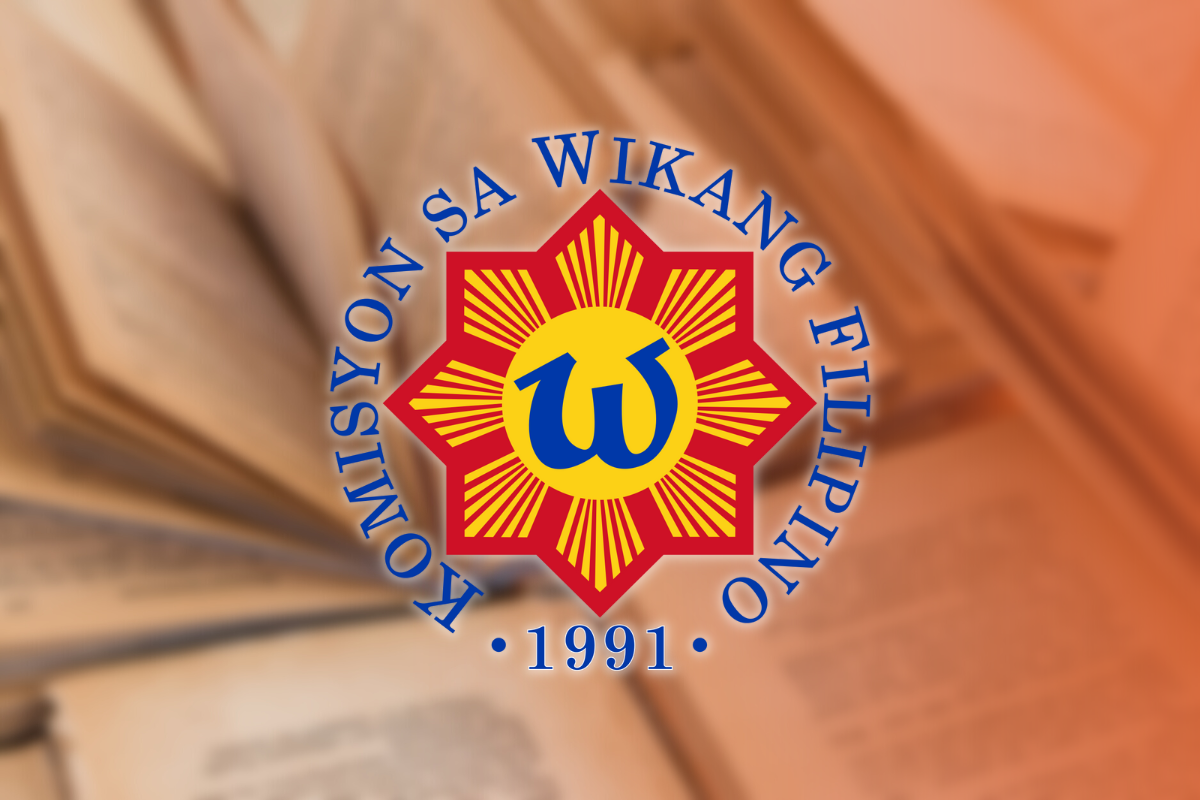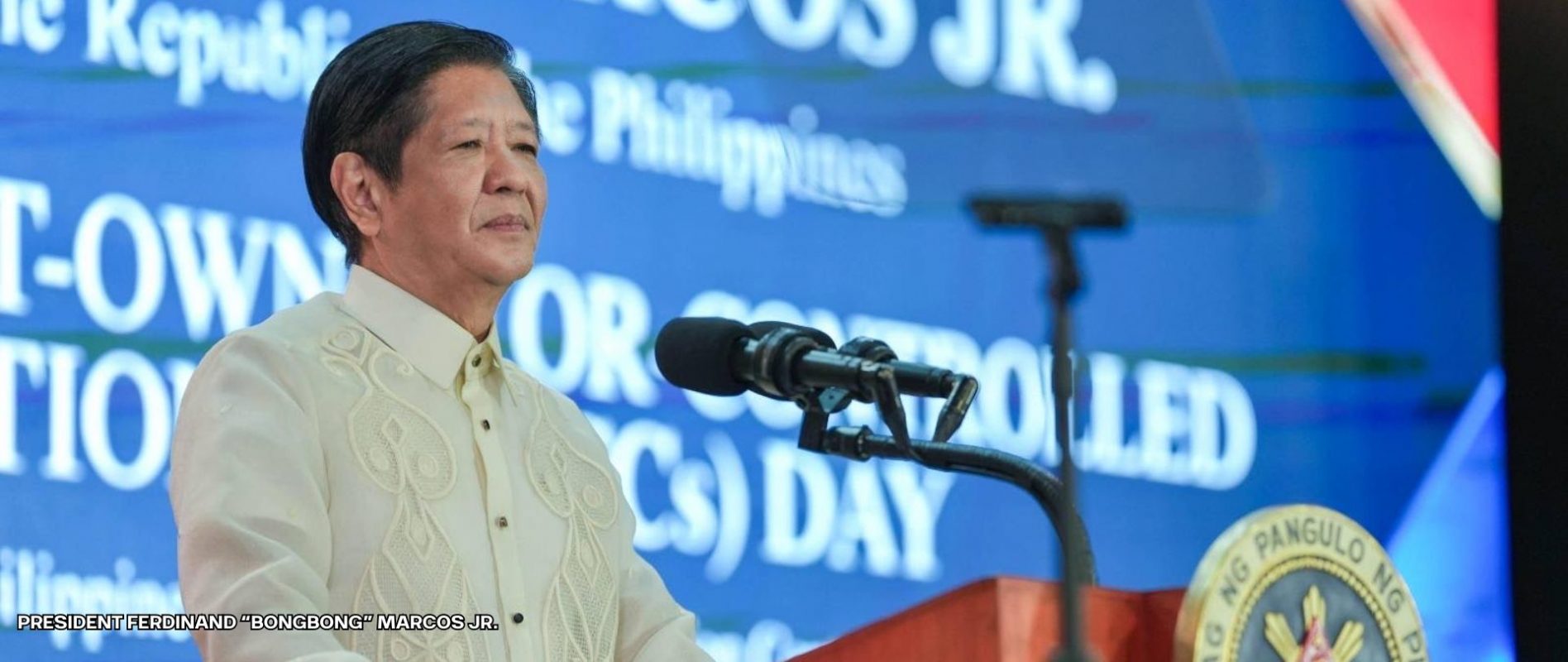KWF STOPS DISTRIBUTION OF BOOKS CONTAINING ‘SUBVERSIVE TEXTS’
THE KOMISYON sa Wikang Filipino has stopped the distribution of books that contain “subversive” and “anti-government” texts in schools and public libraries.
In a memorandum issued on August 9, the KWF said it decided to cease printing of such books because these materials “incite to terrorism” under Article 9 of RA 11479 of the Anti-Terrorism Act.
Among the books are “Teatro Politikal Dos” by Malou Jacob, “Kalatas: Mga Kuwentong Bayan at Kuwentong Buhay” by Rommel Rodriguez, “Tawid-diwa sa Pananagisag ni Bienvenido Lumbera: Ang Bayan, ang Manunulat, at ang Magasing Sagisag sa Imahinatibong Yugto ng Batas Militar 1975-1979” by Dexter Cayanes, “May Hadlang ang Umaga” by Don Pagusara, and “Labas: Mga Palabas sa Labas ng Sentro” by Reuel Aguila.
KWF Commissioner for the Ilocano Language Benjamin Medillo said the books contained some citations from the Communist Party’s publications.
“These kinds of text are beyond the mandate of our agency on linguistic formation of grammar, orthography, translation studies, ethnographic studies, and language revitalization. We strongly condemn these publications which the commissioner should not be publishing,” Medillo said.
In a separate statement, the KWF Board of Commissioners condemned the publication of the books under KWF Chairman Arthur Casanova.
“We the board of Commissioners would like to report to your good office the books with subversive themes, explicit Anti-Marcos and Anti-Duterte contents, publications of which were authorized by Chairman of KWF Arthur P. Casanova,” they said.
They claimed that these books were “poisoning scholars with these political text types” in state universities and colleges, media and public school libraries.
Meanwhile, several educators united to defend the authors from red tagging.
They pointed out that books will certainly cite or quote materials from various references, “including those from groups considered by the government as subversive or revolutionary.”
“Such citation should not be treated as agreement or sympathy with the cited material, but rather a part of the typical academic and scholarly process of analyzing various sources,” they argued.
They added that “reading, analyzing, scrutinizing, citing, and using any reading material, regardless of the writer and the publisher, is part of the academic freedom of writers, teachers, researchers, and all citizens.”
“Granted for the sake of argument that a book agrees or sympathizes with a political ideology, such socially committed writing tradition is respected in the whole world and considered as an important element of any country that calls itself as democratic,” they added.














